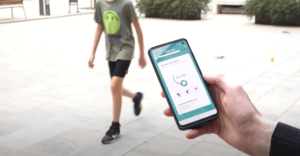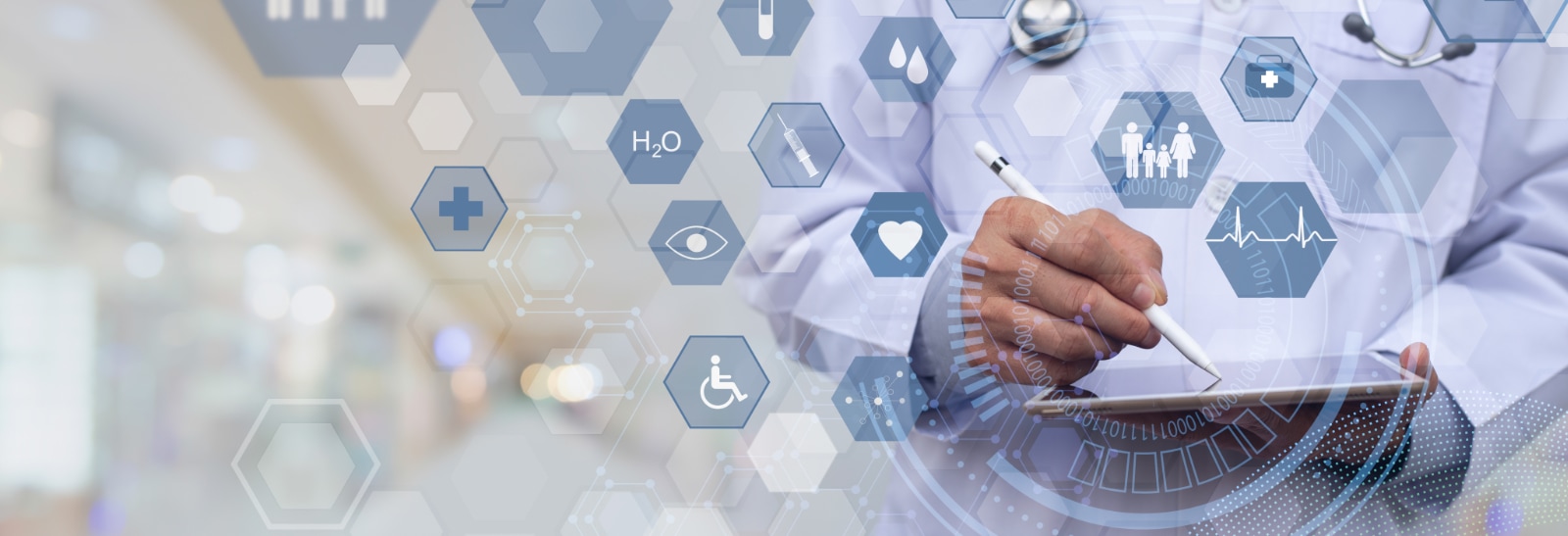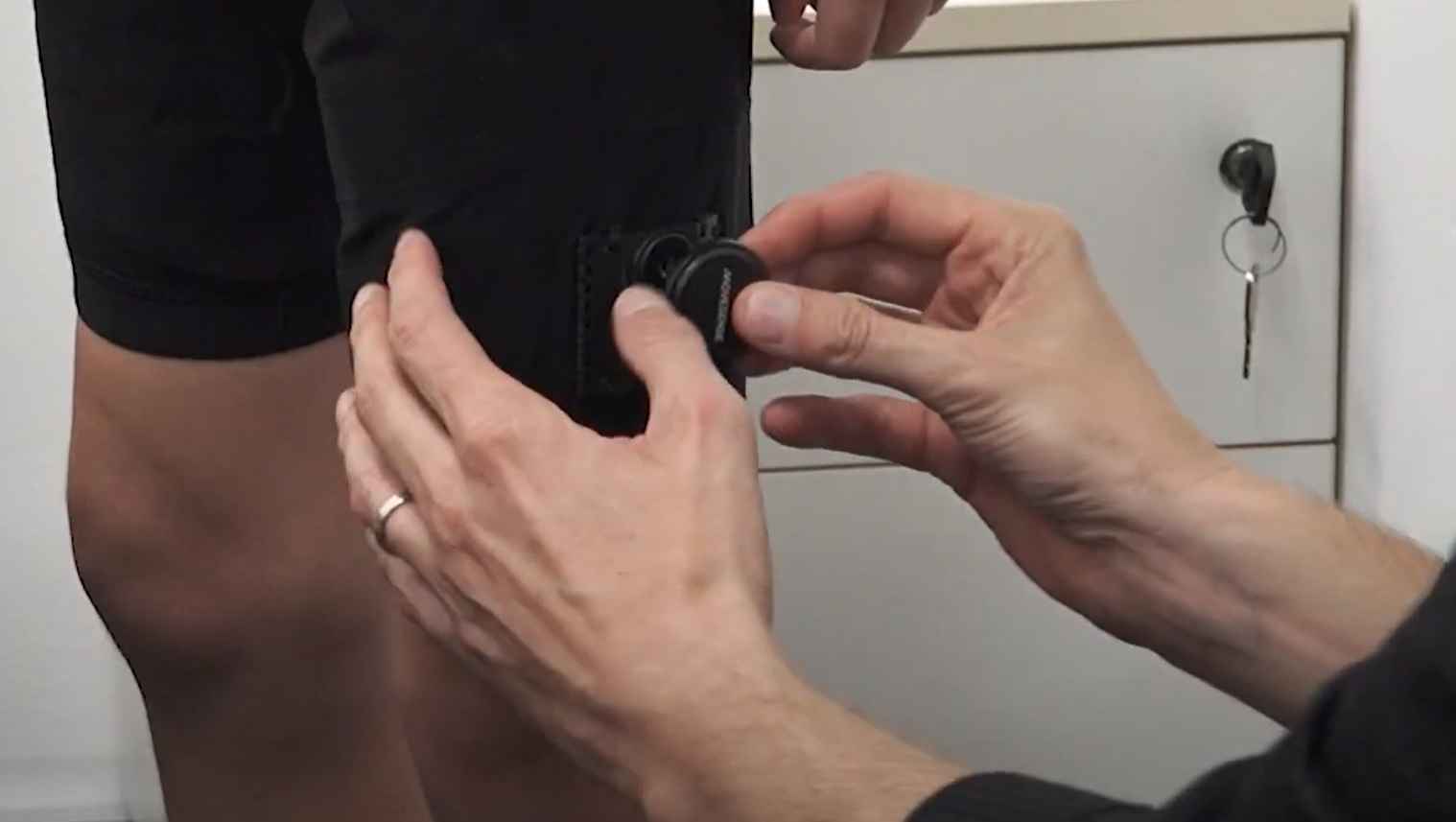Artificial Intelligence as support for diseases that affect muscle tissues
A digital platform with artificial intelligence allows for the monitoring of patients with diseases that affect mobility
Duchenne muscular dystrophy (DMD) is a congenital myopathy; that is, a disorder or disease that affects muscle tissue. This dystrophy, which predominantly affects men, causes a progressive loss of muscle mass gradually reducing mobility.
It is estimated that in Europe there are about 40,000 people who suffer from this dystrophy. Currently, the most widely used systems to measure the mobility and functional capacity of patients are questionnaires and functional tests. Both of these methods result in limited evaluations because they need to be carried out in person and are based on subjective criteria, affecting the precision of the measurements.
International public-private consortium
The consortium formed by The Collider, Hospital Sant Joan de Déu and the Eurecat technology centre have created the Ephion Health virtual platform to quantify the mobility and functional capacity of patients. It has been tested on people with DMD as part of The Six Minutes Walk Test Plus System (6MWT+) project. The project was financed by the European network of innovators at EIT Health (European Union). The Rigshospitalet hospital in Copenhagen, the University of Barcelona, the Association of Duchenne families Parent Project Spain and Genesis Biomed, a specialised consulting company in the health sector, also participated.
“The ability to move easily and perform daily tasks is the first thing to deteriorate with a large number of diseases”, so “improving, restoring or even slowing down the progressive loss of these faculties linked to mobility and functional capacity is the main goal for most patients”, adds the Eurecat researcher and Chief Strategy Officer of Ephion Health, Sebastian Idelsohn.
How does it work?
Ephion Health integrates up to eight types of biomechanical and physiological sensors to collect five types of variables through a mobile app. The data is transferred securely and anonymously to the company’s servers, where artificial intelligence algorithms analyse it to obtain an index that scores the patient’s condition from 0 to 100.
Using these results, the medical staff can follow the progress of the patient in a more precise and sensitive way. The platform is currently undergoing the certification process and is expected to be available for mass use in the coming months.

(Photo: Ephion Health).
The objective of Ephion Health “is to expand the number of diseases that can be monitored with the platform,” since it is estimated that 25% of the population suffers from diseases that affect mobility. Now, two new clinical studies have been launched on patients with neuromuscular diseases in the hospitals of Santa Creu, Sant Pau and Sant Joan de Déu, along with a third pilot in collaboration with Quirón Salud to monitor the risk of falls in the elderly, adds the CEO of Ephion, Quique Llaudet.
More news
-
26 JANUARY 2024

SISCAT and research center managers delve into the field of artificial intelligence in health
About sixty managers and senior representatives from the centers of the Catalan public healthcare ...
26 JANUARY 2024 -
20 OCTOBER 2023

The results of the preliminary market consultation for the medicine information challenge have been published
The Health Quality and Assessment Agency of Catalonia (AQuAS) has published the Final report ...
20 OCTOBER 2023 -
19 JULY 2023

The Department of Health begins the market consultation process for the development of AI-based solutions to provide information on medicines to the public
Within the framework of the Health/AI programme, the conditions of the market consultation concerning ...
19 JULY 2023



